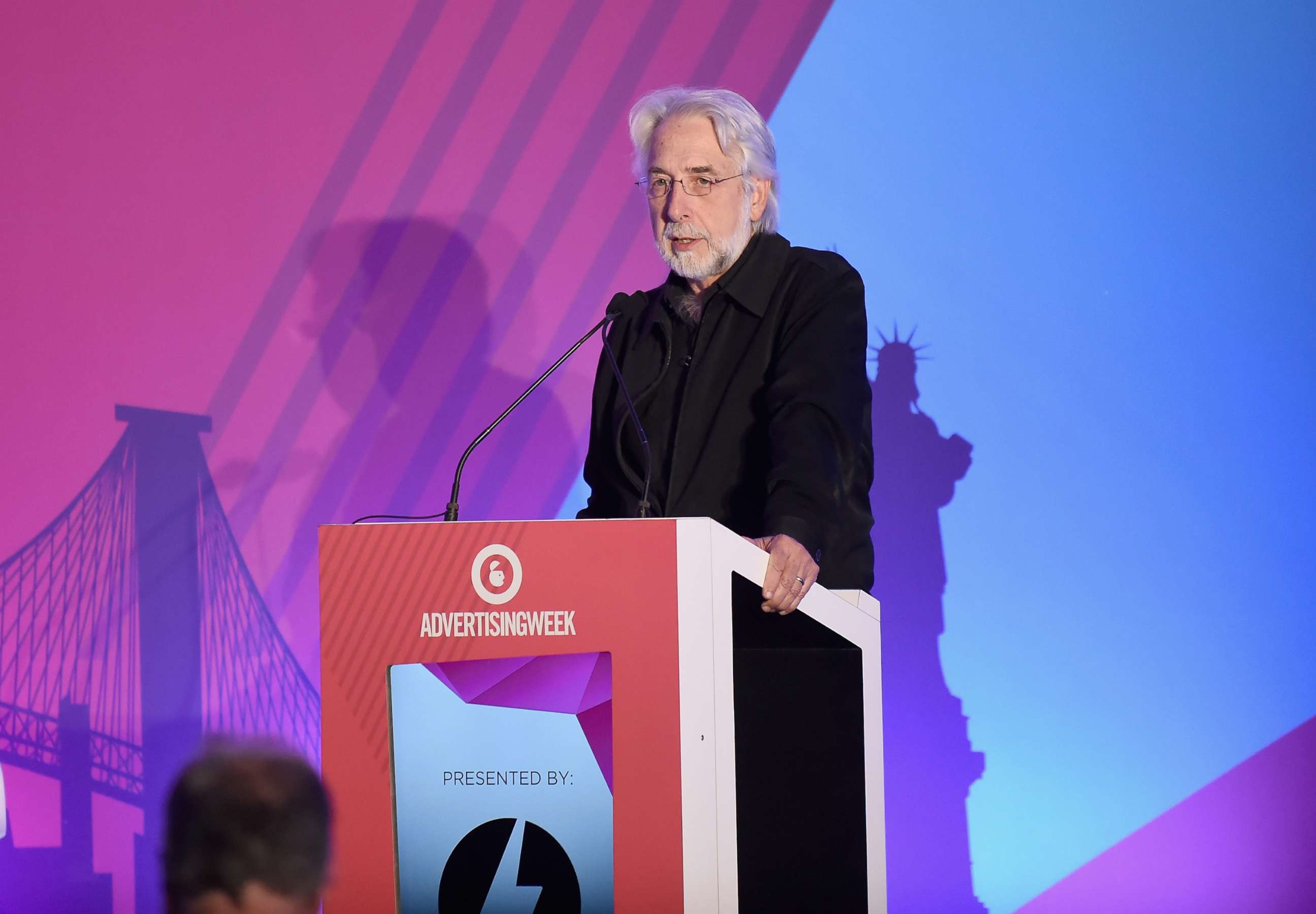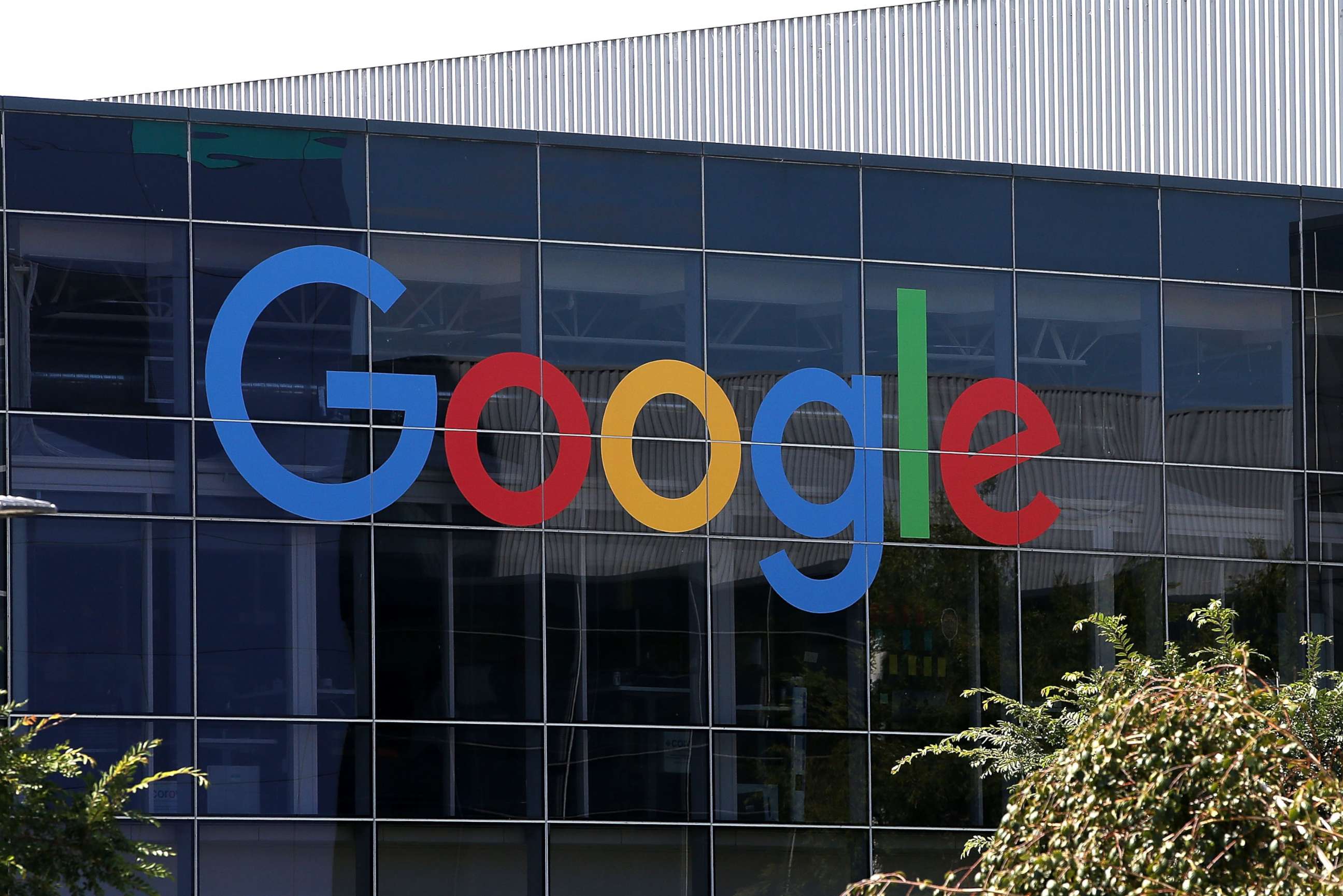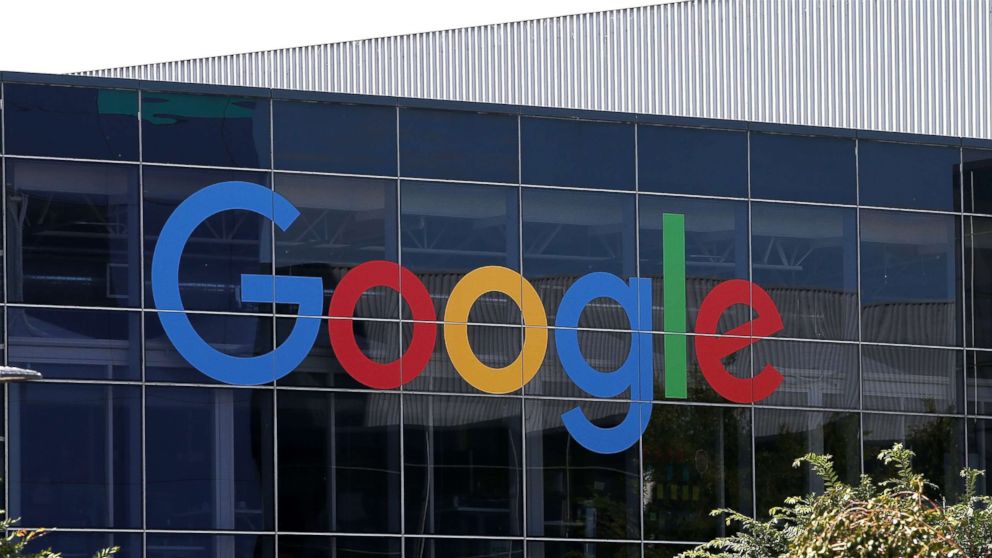Google to change search algorithm to elevate 'original reporting'

In an over-saturated digital news age, Google announced new changes to its search algorithm that could elevate more "original reporting."
"I see it as directionally good, this is something that we have asked for, news publishers have asked for for years, so the fact that they are acknowledging this is a good thing," David Chavern, the president and CEO of the News Media Alliance, which represents 2,000 news publishers, told ABC News.
"The Google algorithms are entirely opaque," he added. "So while they can say that they are changing them in some way, nobody knows how they are actually changed or what effect they actually have."
Richard Gringras, the vice president of news at Google, announced the changes in a statement Thursday, saying the updates on the back end will help Google "better recognize original reporting, surface it more prominently in Search and ensure it stays there longer."

Gringras touted it as a benefit to both readers interested in finding "the story that started it all" as well as news organizations that can have their original pieces more widely circulated online.
The move comes at time when the fast-moving world of internet news means long-form investigations and other stories can quickly and easily be picked up and re-reported by a myriad of other online outlets.
"This can make it difficult for users to find the story that kicked everything off," Gingras wrote.
Chavern said there are "estimates that if you do a breaking news story about almost anything, it will sit at the top of the Google search results for at most 6 minutes."
It's "good for readers to understand the original reporting behind something" and "pay attention to where their news comes from," he noted, adding that readers will often say "I read something on Google or Facebook" and not know where it was originally from, which can contribute to the spread of misinformation.
Gringras also acknowledged that Google's efforts will "constantly evolve" as there is no "absolute definition of original reporting, nor is there an absolute standard for establishing how original a given article is."
These changes to algorithms that tech companies employ can have a big effect on news organizations, according to Chavern.
"Last year when Facebook said they changed the algorithm to prioritize friends and family over news, and that didn't sound horrible when they said it, but it absolutely destroyed some publishers' business," he said.
Google's search algorithm is constantly in the spotlight and has courted controversy in the past for how it ranks news searches.

In August 2018, President Donald Trump attacked Google in a series of tweets, accusing the company of prioritizing "fake news" and saying the results are "rigged" against him. The company denied the allegations, saying the search engine algorithm doesn't include any consideration of politics.
Also on Thursday, fellow tech giant Facebook announced expansions to its tools for local news and information, with the head of global news partnerships, Cambell Brown, telling The Associated Press that Facebook has a responsibility to support journalism even though the media industry has been declining "for a very long time."
If there is one thing big tech companies need to do to help promote journalism, it is to "come up with a compensation model for news," Chavern said.
"They pay to license music content, they just have refused to pay for news, and that's got to change," he said.




